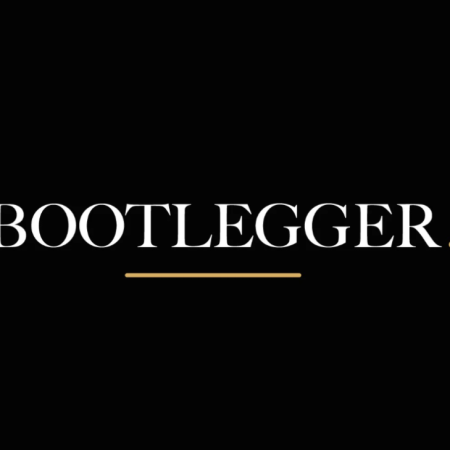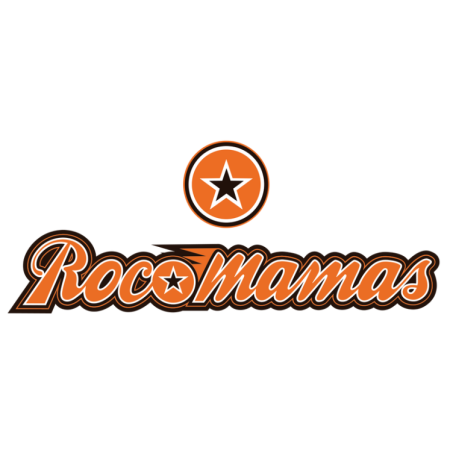Introduction:
Embarking on a business venture is an exhilarating prospect, but deciding whether to dive into franchising or take the entrepreneurial route can be pivotal. Both paths offer unique opportunities and challenges, making it essential for aspiring business owners to evaluate their goals, preferences, and risk tolerance. To assist you in choosing the career path that best suits your goals, we will examine the subtle differences between franchising and entrepreneurship in this blog.
The Franchise Advantage:
1. Proven Business Model:
One of the primary attractions of franchising is access to a proven business model. Franchisors provide a blueprint for success, offering a model that has been tested and refined. This can be particularly appealing to individuals who prefer a structured approach and a higher level of predictability. A proven model implies less risk as opposed to a startup.
2. Brand Recognition:
Franchises often come with established brand recognition, which can significantly reduce the time and effort required to build a customer base. The trust associated with a well-known brand can be a powerful asset in attracting customers and fostering loyalty. Successful franchises are also successful brands, with KFC and McDonald’s being good examples.
3. Training and Support:
Franchisees benefit from the training and ongoing support provided by the franchisor. This training can encompass various aspects of business operations, from marketing strategies to guidance on day-to-day management, facilitating a smoother learning curve for those new to the industry.
4. Reduced Risk:
The risk associated with starting a business from scratch is mitigated to some extent by franchising. With a proven track record and established processes, franchisees can avoid some uncertainties often associated with entrepreneurship.
The Entrepreneurial Spirit:
1. Creative Freedom:
Entrepreneurs relish the freedom to build something unique. Starting a business from the ground up allows for creative expression and the ability to shape every aspect of the enterprise according to personal vision and values. Franchises can feel restrictive to those who enjoy making the rules.
2. Flexibility:
Entrepreneurship offers a higher degree of flexibility in decision-making. Entrepreneurs can pivot quickly in response to market changes, experiment with new ideas, and adapt their business strategies without the constraints of a predefined franchise system. New developments in franchising take longer to implement, as the franchisor should engage with franchisees before making significant changes.
3. Unlimited Growth Potential:
While franchises provide a proven formula for success, entrepreneurs have the potential for unlimited growth. The sky’s the limit when scaling a business that originates from an original idea or concept. An entrepreneur can add to their original idea or change it completely. Richard Branson started with the Virgin record label and ended up in aviation.
4. Ownership Control:
Entrepreneurs have complete ownership control and decision-making authority. Entrepreneurship may be a more fulfilling path for those who thrive on being their own boss and having the final say in business matters. Franchisees must run new ideas past the franchisor, and even their local marketing should be executed within the franchisor’s framework and guidelines.
Making the Decision:
1. Self-Assessment:
Reflect on your preferences, work style, and risk tolerance. Consider whether you value the security and support a franchise provides or thrive on the independence and creative freedom that come with entrepreneurship.
2. Financial Considerations:
Evaluate your financial capacity and willingness to invest. Franchises often require an upfront investment and ongoing fees, while entrepreneurship may involve more unpredictable initial costs.
3. Long-Term Goals:
Consider your long-term goals and aspirations. If you are seeking a more predictable and structured path, franchising may be the way to go. Entrepreneurship might be a better fit if you crave the excitement of building something from scratch.
Conclusion:
Whether you choose the franchising route or opt for entrepreneurship, both paths offer unique opportunities for success and fulfilment. The key is to align your decision with your personal and professional goals, considering risk tolerance, desired level of control, and financial capacity. The key is identifying the path most aligned with your vision and values; no one-size-fits-all solution exists.










